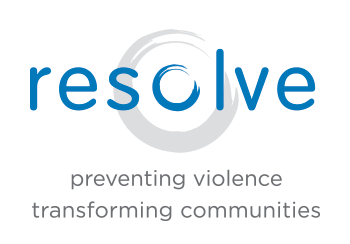There are certain laws of the natural world.
• What goes up, must come down.
• If you touch something hot, you will pull your hand away.
• If someone tries to harm me or someone I love, _________.
It’s only natural.
Protecting each other and ourselves is natural. Unnecessary aggression and revenge are not what I am talking about. However, knowing that we can, deserve to, and will defend ourselves if someone tries to hurt us is acting in accordance with nature.
Unfortunately, the laws that our society operates upon do not always mesh well with the laws of nature. At the beginning of our classes, we sometimes hear, “I know I should defend myself but I’m not sure I can or I would.”
There is no reason to criticize ourselves for learning from the system in which we were raised. But it is a broken system in which people learn to freeze, to consider whether it fits their self-image to hurt another person (or their image of a good woman, etc.), to consider the person’s feelings… It’s not your fault the system’s a little screwy. And you do not have to continue to live within that framework.
The student who once wondered, “Can/should/would I defend myself?” can learn deeply, “I can defend myself. I will defend myself.”
Owning our inherent rights to protection allows us to live with confidence and peace. This is what it means to be aligned with our natural selves.
